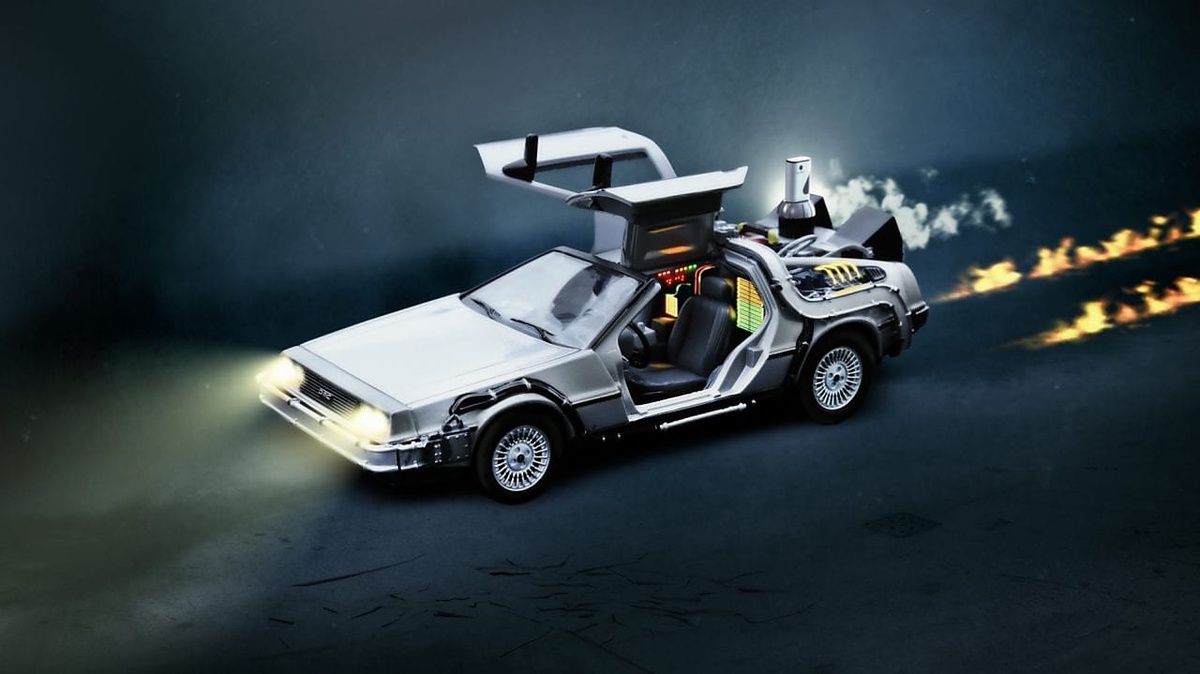Junk cars, also known as end-of-life vehicles, are cars that are no longer roadworthy and are not worth repairing. The rise in the number of junk cars has become a major concern for the automotive industry, the environment, and society as a whole. In this blog post, we will explore the current state of junk cars, trends in the automotive industry, predictions for the future of junk cars, and the challenges and opportunities that come with it.
II. Current State of Junk Cars
According to a report by the World Health Organization (WHO), there are over one billion vehicles in the world, and this number is expected to reach two billion by 2040. As the number of vehicles on the road increases, so does the number of junk cars. In the United States alone, there are over 12 million junk cars, and this number is expected to increase in the coming years.
One of the main reasons for the increase in junk cars is the high cost of repairing older vehicles. As cars age, they require more maintenance and repairs, which can be costly. This leads many car owners to abandon their vehicles, making them junk cars.
The negative impact of junk cars on the environment cannot be ignored. Junk cars often leak fluids such as oil, brake fluid, and coolant, which can contaminate soil and water. Additionally, junk cars take up valuable space in landfills and emit harmful pollutants when they are crushed and recycled.
III. Trends in the Automotive Industry
The automotive industry is undergoing significant changes that will impact the future of junk cars. The shift towards electric and autonomous vehicles is a major trend in the industry. Electric vehicles have lower emissions and require less maintenance, which means they may have a longer lifespan and produce fewer junk cars. Autonomous vehicles may also reduce the number of accidents, which would reduce the number of junk cars caused by accidents.
Recycling and sustainability are also becoming more important in the automotive industry. Many car manufacturers are exploring new ways to recycle old vehicles and reduce waste. For example, Ford has announced plans to use recycled plastic bottles to make car parts.
The role of technology is also changing the automotive industry. Many cars are now equipped with sensors and software that can detect problems before they become serious, which may reduce the number of cars that become junk cars.
IV. Predictions for the Future of Junk Cars
Based on the trends in the automotive industry, we can make some predictions about the future of junk cars.
First, there will likely be an increased demand for recycling. As more electric vehicles are produced, the demand for batteries will increase, and there will be a need to recycle them. Additionally, many car manufacturers are exploring new ways to recycle old cars and reduce waste.
Second, new technologies for recycling will likely emerge. For example, some companies are exploring the use of robotics to disassemble cars and sort parts for recycling.
Third, there will likely be more regulations on junk cars. Governments may introduce laws to require car manufacturers to use more recycled materials or to dispose of junk cars in an environmentally friendly way.
Finally, there may be new markets for junk car parts. As more cars become electric, there may be a demand for second-hand parts for older gas-powered vehicles.
V. Challenges and Opportunities (continued)
Another challenge of the future of junk cars is the economic impact. Junk cars can be a liability for car owners and dealerships. However, there are also opportunities to turn junk cars into a profitable business. Salvage yards, for example, can purchase junk cars for parts and scrap metal. This creates a market for parts that would otherwise go to waste.
The social and cultural implications of junk cars should also be considered. In some communities, abandoned cars are seen as an eyesore and can negatively impact property values. Additionally, the lack of access to reliable transportation can be a barrier to employment and other opportunities.
VI. Conclusion
The future of junk cars is a complex issue that requires careful consideration. As the automotive industry continues to evolve, we can expect changes in the way we view and manage end-of-life vehicles. However, the challenges of environmental impact, economic liability, and social and cultural implications cannot be ignored. We must work together to find solutions that prioritize sustainability, innovation, and the needs of our communities. By doing so, we can create a future where junk cars are a thing of the past.
Check Top cash for cars Adelaide for pretty decent automotive services.


No comments yet